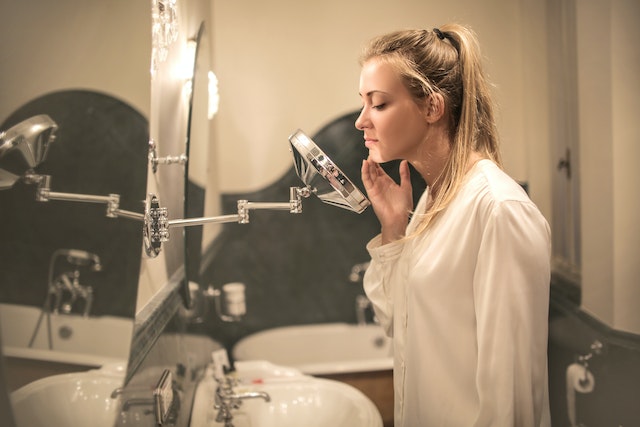Acne is a common skin condition that affects many teens. It can cause red, inflamed bumps on the skin and can be frustrating to deal with. However, there are several treatments available that can help reduce the appearance of acne and improve the overall health of your skin.
One of the best acne treatments for teens is to use a product that contains benzoyl peroxide. This ingredient is a powerful acne-fighting agent that can help kill the bacteria that causes acne, reduce inflammation, and unclog pores. It is available in a variety of forms, including face washes, gels, and creams, and can be found at most drugstores.
Another effective acne treatment for teens is salicylic acid. This ingredient is a type of beta hydroxy acid that helps to exfoliate the skin and unclog pores. It is often found in face washes, toners, and spot treatments.
In addition to using acne-fighting products, it is also important to maintain a good skin care routine. This means washing your face twice a day with a gentle cleanser and using a non-comedogenic moisturizer to hydrate your skin. Avoid touching your face too much, as this can transfer bacteria and oil onto your skin, and be sure to remove makeup before going to bed.
Astringents, face cleanser masks, scrubs, and excessive cleaning should all be avoided. This may worsen acne by irritating the skin. Also try to avoid touching or picking at troublesome spots. This may result in infections, and scars.
Acne can get worse in the sun, and some treatments make skin more sensitive to the sun’s rays. You should apply a moisturiser with sunscreen if you intend to spend time in the sun. It can prove to be one of the best acne treatments for teens.
Finally, it’s important to remember that everyone’s skin is different, and the treatment may vary as per your skin type. Make an appointment with a dermatologist or paediatrician if you have tried over-the-counter acne remedies for several weeks and have not noticed any improvements. These professionals can prescribe additional medications and suggest suitable treatment options.
You may also want to read about seven things you should not say to a person suffering with anxiety.

